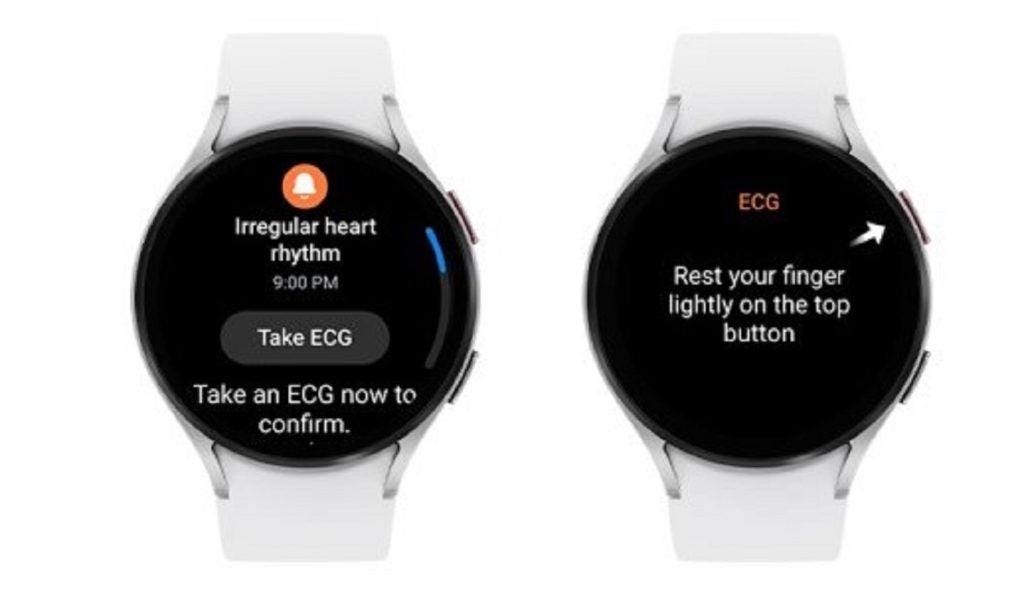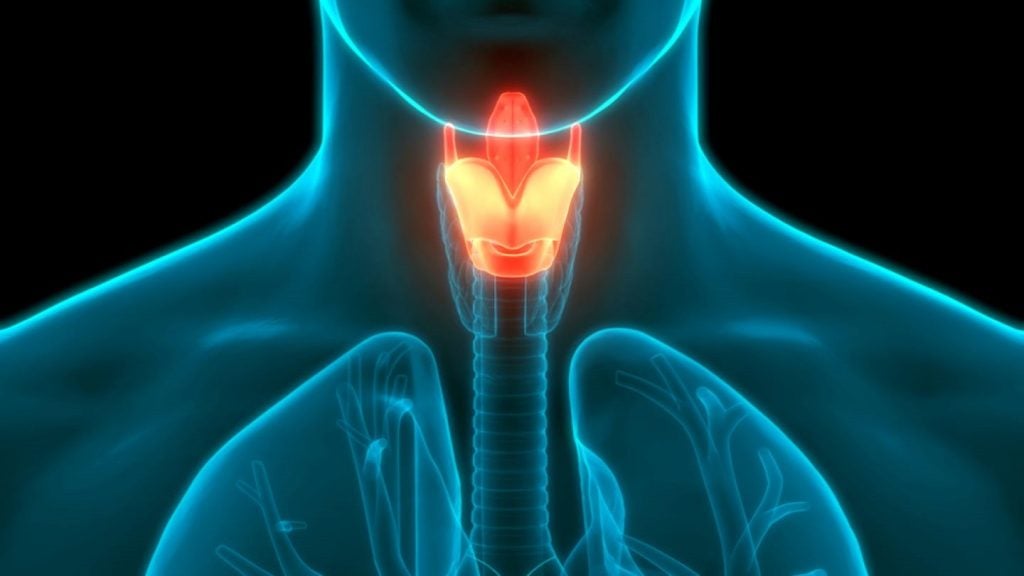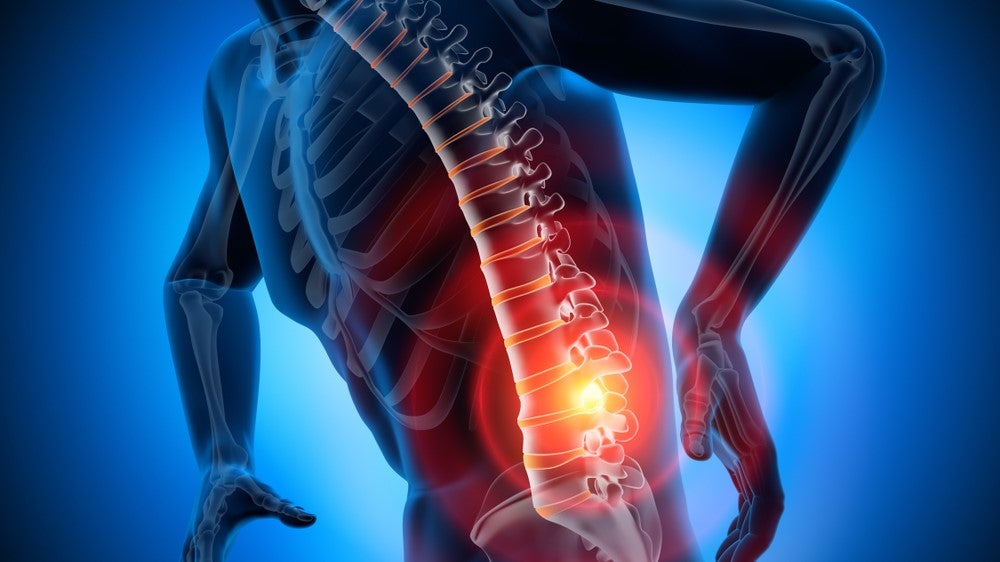Germany-based Life Molecular Imaging (LMI) has published a retrospective study utilising its flagship product, the amyloid positron emission tomography (PET) tracer, NeuraCeq (florbetaben18F), which was approved by US regulators in 2014.
The research demonstrates a strong, homogeneous performance of quantitative methods, employing both CE-marked software and other processing tools.
The study analysed NeuraCeq PET images from 589 subjects. The quantitative methods provided results comparable to visual assessments of NeuraCeq PET scans. They stood up well compared to histopathology assessment, with a mean sensitivity of 96.1% and specificity of 96.9% across all software packages.
As a result of the study findings, an updated label from the Committee for Medicinal Products for Human Use (CHMP) was approved for the use of PET scan quantification of NeuraCeq in the EU and the UK. A method to support visual assessment by the reading physician.
In response to the update, LMI has amended its educational materials in major EU markets, to include an additional module on the use of NeuraCeq PET quantification as an aid to visual assessment.
Life Molecular Imaging CEO Dr Ludger Dinkelborg expressed the significance of these findings: "Anti-amyloid therapies are on the horizon and highlight the importance of an early and accurate diagnosis of Alzheimer's disease.
“Amyloid PET has played a pivotal role in the recent positive study outcomes for new AD drugs such as lecanemab and donanemab, by selectively including patients with confirmed amyloid pathology in the brain. The ability to quantify the amyloid burden opens up exciting avenues for the future. We are excited to have the adjunct use of quantification now included in our EU and UK labels."
Despite the positive results from the study, LMI notes that a positive Neuraceq scan does not independently establish a diagnosis of Alzheimer’s disease or other cognitive disorders, since neuritic plaque deposition in grey matter may be present in asymptomatic elderly and some neurodegenerative dementias such as Lewy body dementia or Parkinson’s disease dementia.
Further, the efficacy of florbetaben18F for predicting the development of Alzheimer’s disease or monitoring response to therapy has not been established.
















